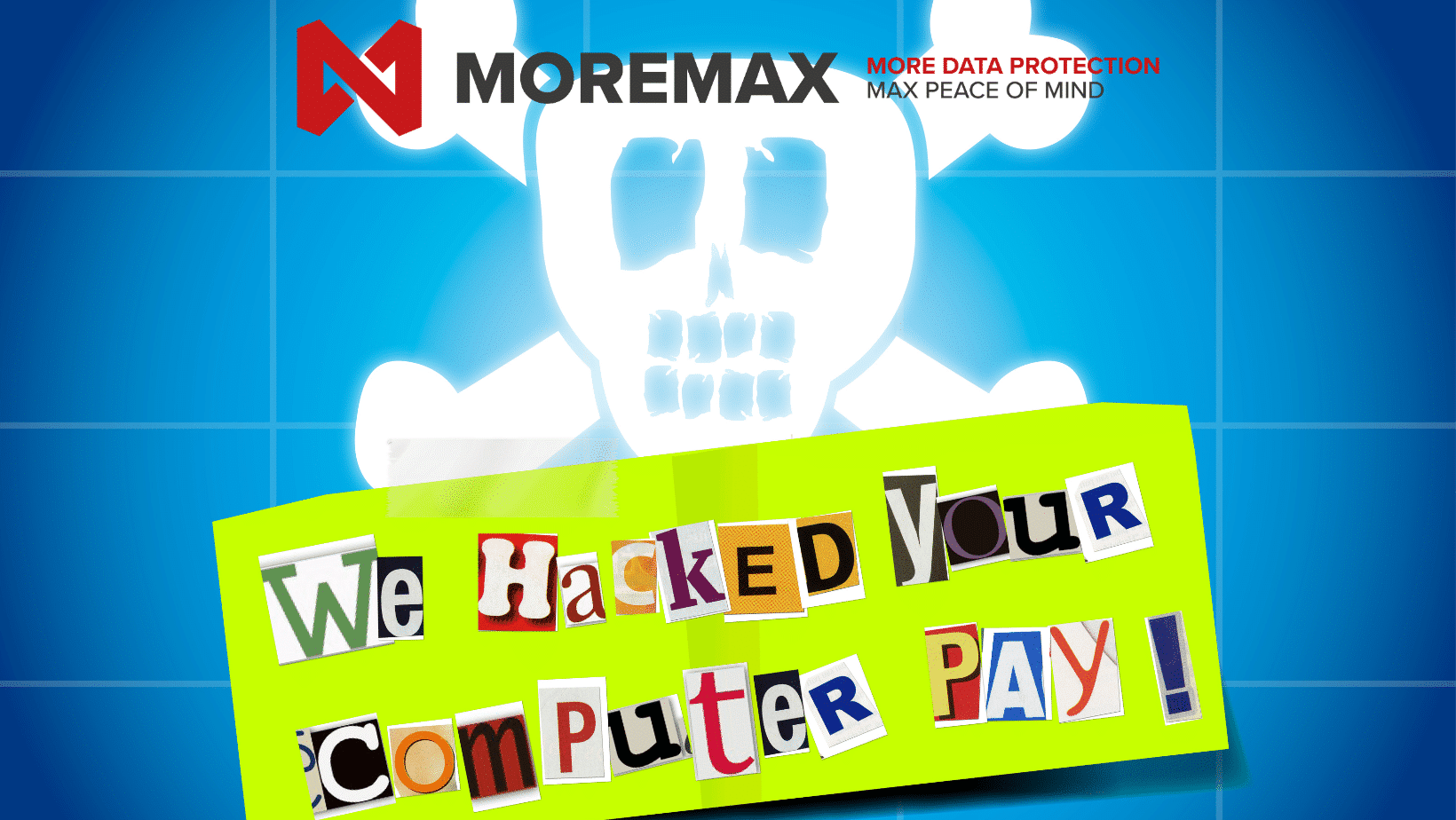
This story might sound familiar to some, but it is a regular occurrence for companies to not take cybersecurity seriously. They believe that their company is immune to cyber threats, having no backup or disaster recovery plan in place. This lack of preparedness leaves many organizations extremely vulnerable to ransomware attacks.
One fateful day, an unsuspecting employee clicked on a malicious email attachment, unknowingly activating a ransomware infection within the company’s network. The malware swiftly encrypted critical files, leaving the entire organization in a state of chaos. A ransom note soon appeared on the screens, demanding a substantial sum of cryptocurrency for the decryption key.
Due to this, the company ran a lot of financial losses. Needing to pay a significant ransom to the cybercriminals, resulting in an immediate financial loss. Moreover, the attack disrupted their operations, leading to revenue loss, contractual penalties, and legal fees for breach notification and potential lawsuits.
The ransomware attack rendered the company’s systems inaccessible, forcing employees to halt their work. They faced downtime for several days while attempting to recover their data and regain control of their network. This loss of productivity had a ripple effect on delivery schedules, customer satisfaction, and employee morale.
Since there were no backups in place, some critical data was permanently lost during the attack. This data included sensitive customer information and intellectual property, making the recovery process even more challenging.
News of the ransomware attack quickly spread among the company’s clients and partners, damaging its reputation as a reliable and secure business partner. The loss of trust among stakeholders could have long-lasting consequences for the company.
Following this disastrous incident, the CEO was forced to take cybersecurity more seriously. He contacted us and we have since recommended that the company implement the following measures to prevent future attacks and improve its cybersecurity posture:
- Regular Data Backups: Initiated a comprehensive data backup and recovery plan, ensuring that data is regularly backed up and stored securely offsite.
- Employee Training: They provided cybersecurity awareness training to all employees, emphasizing the importance of identifying and avoiding potential threats.
- Improved Endpoint Security: Enhanced endpoint security measures, including anti-malware and intrusion detection systems, were implemented to prevent future attacks.
- Incident Response Plan: The company established a robust incident response plan, which includes steps to follow in the event of a cyber incident, minimizing damage and recovery time.
The ransomware attack on this company and the subsequent financial losses and downtime served as a harsh wake-up call for the CEO. The company’s lack of preparedness left them vulnerable to cyber threats, resulting in severe consequences. However, through swift action from MoreMax Inc, we managed to recover and fortify their cybersecurity defenses. This case study highlights the importance of proactive cybersecurity measures and the potential cost of neglecting cybersecurity in the modern business landscape.
Where do you stand with your backups or disaster recovery plan? Do you have a plan in place at all? Do you know that most of your software already has these capabilities, you just need to access it? You are welcome to ask questions, we thrive in getting solutions for your tech problems.


